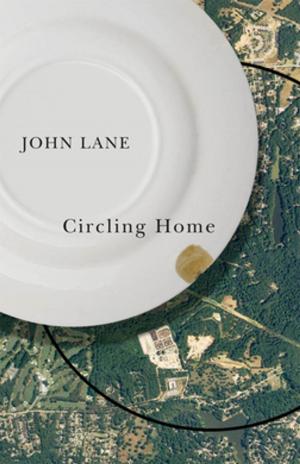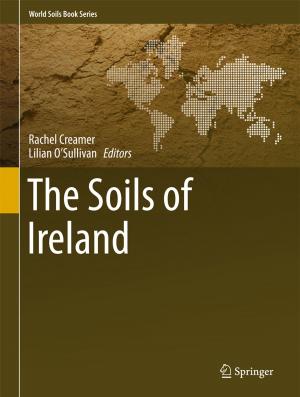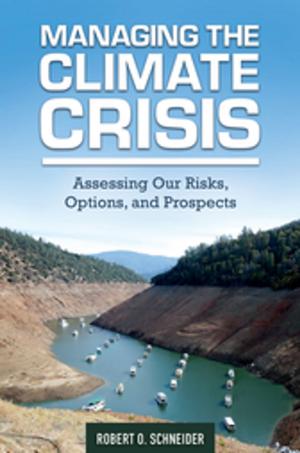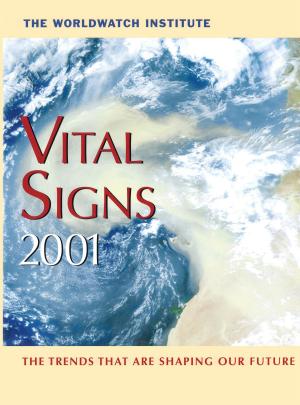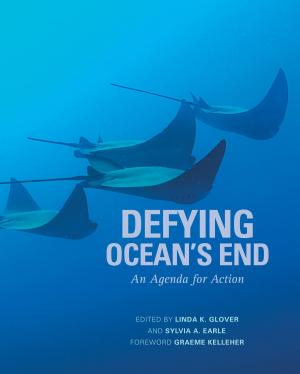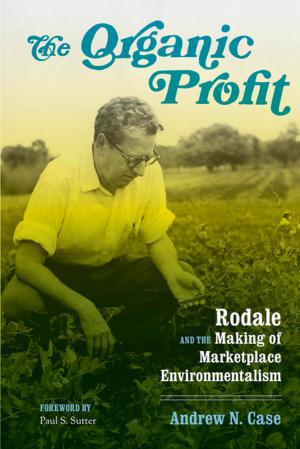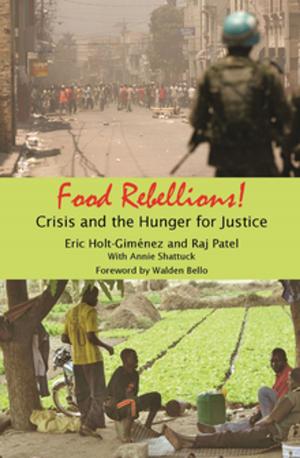Ethical Eating
A Complete Guide to Sustainable Food
Nonfiction, Social & Cultural Studies, Social Science, Sociology, Rural, Food & Drink, Healthy Cooking, Natural Foods, Science & Nature, Nature, Environment, Environmental Conservation & Protection| Author: | Malcolm Coxall | ISBN: | 1230000220269 |
| Publisher: | Malcolm Coxall | Publication: | February 21, 2014 |
| Imprint: | Malcolm Coxall - Cornelio Books | Language: | English |
| Author: | Malcolm Coxall |
| ISBN: | 1230000220269 |
| Publisher: | Malcolm Coxall |
| Publication: | February 21, 2014 |
| Imprint: | Malcolm Coxall - Cornelio Books |
| Language: | English |
Global food is not a nice business. Farming is no longer the gentle vocation of previous generations, food production is not the artisan craft of past centuries, retailing is not the friendly personal service of our grandparents' generation - these concepts are gone, swept away by the Big Food corporations and the mechanics of global industrial food production and distribution.
These days, along with the arms, oil and pharmaceutical industries, Big Food is one of the most powerful, unethical monopolies on earth. With its history in transatlantic slave trade, the food industry maintains the same criminal attitudes to the present day. The slave ships may have gone but the exploitation continues and we can now add the crimes of global environmental destruction. Though the quantity of food produced has vastly increased the quality is worse than ever.
The longer we look at the industry, the more obvious it is that our food systems are fundamentally broken. The production and distribution of food is controlled by a tiny group of transnational corporations driven solely by profit. The industry is riddled with food scandals. The nutritional quality of food is in freefall and diet related illness is at epidemic levels. Despite appeals for the food industry to stop adulterating our food with cheap ingredients, the shelves of our supermarkets are still full of junk.
As food quality declines, so too does the global agricultural environment. The use of pesticides is at record levels as are incidents of water contamination, soil degradation and vast deforestation to grow palm oil for the junk food industry and soya to feed factory-farmed cattle to satisfy our insatiable appetite for meat. The climate changing effects of agriculture now outweigh all global transport systems. Despite having a billion hungry people we throw away a third of our global food.
At the same time Big Food continues its pillage of the developing world to create ever bigger profits. Not happy with controlling most of the world's food commodities, these transnationals also want to control the very seeds and farm animals we grow, with their attempts to foist on us their unwanted, untested GM technology.
Meanwhile most of our kids are totally unaware of how their food is actually produced and prepared and prefer junk foods anyway. These are foods crammed with chemical additives, bulking "fillers", cheap fats, and laced with salt and sugar to keep them selling (and killing).
Faced by the immense influence of the food industry, governments are unable to act. Our leaders are in thrall to these tax evading corporate masters of the food universe. The revolving doors of the U.S. Congress, the European Union and the boards of directors of Big Food ensure that nothing is going to change anytime soon.
On the other hand, the last 30 years has seen stirrings of consumer consciousness and a renaissance of interest in real food. Slowly, consumers have started to "join the dots" between rural life, human rights, localism, the environment, the economy and food quality. The recent growth in local, organic, and artisan food, and farmers markets, community food, and grow your own has been prolific. Obviously the balance between low price and quality has tipped too far.
This new interest in food ethics and quality is a good start but the pressure must be kept up. The more we understand the food industry and our own buying habits, the more effective we can be at making real changes in the ethics of our food and our lives. Hence this book!
The approach to this particular subject had to be fairly detailed because the subject of food is so full of street mythology, contradiction and propaganda. So, the book relies on scientific evidence with many cross references but despite this, the book is actually designed for ordinary, concerned citizens wanting to understand their food and take personal or community action - not just professional food and environmental activists and teachers.
Global food is not a nice business. Farming is no longer the gentle vocation of previous generations, food production is not the artisan craft of past centuries, retailing is not the friendly personal service of our grandparents' generation - these concepts are gone, swept away by the Big Food corporations and the mechanics of global industrial food production and distribution.
These days, along with the arms, oil and pharmaceutical industries, Big Food is one of the most powerful, unethical monopolies on earth. With its history in transatlantic slave trade, the food industry maintains the same criminal attitudes to the present day. The slave ships may have gone but the exploitation continues and we can now add the crimes of global environmental destruction. Though the quantity of food produced has vastly increased the quality is worse than ever.
The longer we look at the industry, the more obvious it is that our food systems are fundamentally broken. The production and distribution of food is controlled by a tiny group of transnational corporations driven solely by profit. The industry is riddled with food scandals. The nutritional quality of food is in freefall and diet related illness is at epidemic levels. Despite appeals for the food industry to stop adulterating our food with cheap ingredients, the shelves of our supermarkets are still full of junk.
As food quality declines, so too does the global agricultural environment. The use of pesticides is at record levels as are incidents of water contamination, soil degradation and vast deforestation to grow palm oil for the junk food industry and soya to feed factory-farmed cattle to satisfy our insatiable appetite for meat. The climate changing effects of agriculture now outweigh all global transport systems. Despite having a billion hungry people we throw away a third of our global food.
At the same time Big Food continues its pillage of the developing world to create ever bigger profits. Not happy with controlling most of the world's food commodities, these transnationals also want to control the very seeds and farm animals we grow, with their attempts to foist on us their unwanted, untested GM technology.
Meanwhile most of our kids are totally unaware of how their food is actually produced and prepared and prefer junk foods anyway. These are foods crammed with chemical additives, bulking "fillers", cheap fats, and laced with salt and sugar to keep them selling (and killing).
Faced by the immense influence of the food industry, governments are unable to act. Our leaders are in thrall to these tax evading corporate masters of the food universe. The revolving doors of the U.S. Congress, the European Union and the boards of directors of Big Food ensure that nothing is going to change anytime soon.
On the other hand, the last 30 years has seen stirrings of consumer consciousness and a renaissance of interest in real food. Slowly, consumers have started to "join the dots" between rural life, human rights, localism, the environment, the economy and food quality. The recent growth in local, organic, and artisan food, and farmers markets, community food, and grow your own has been prolific. Obviously the balance between low price and quality has tipped too far.
This new interest in food ethics and quality is a good start but the pressure must be kept up. The more we understand the food industry and our own buying habits, the more effective we can be at making real changes in the ethics of our food and our lives. Hence this book!
The approach to this particular subject had to be fairly detailed because the subject of food is so full of street mythology, contradiction and propaganda. So, the book relies on scientific evidence with many cross references but despite this, the book is actually designed for ordinary, concerned citizens wanting to understand their food and take personal or community action - not just professional food and environmental activists and teachers.

